“Among Us” highlights a problem prevalent in online gaming
October 26, 2020
A month ago, I began playing this popular video game called “Among Us.” In case you’re living under a rock, it’s a mobile and PC social deduction game. There are 4-10 players, and there can be anywhere from 1-3 imposters depending on the game settings. The rest of the players are crewmates. The crewmates’ must do menial tasks throughout the map and figure out who the imposters are when dead bodies are reported or when emergency meetings are called. The imposters’ jobs are to call sabotages (turn off the lights, deplete the oxygen, etc.) and kill the crewmates without being found out and ejected by the other crewmates when dead bodies are reported or when emergency meetings are called.
People aren’t allowed to talk to each other when they’re walking around the map doing tasks or killing others, only during the pre-game lobby, dead body reports, or emergency meetings. It is during these discussions, usually consisting of the words “where”, “what”, “not me”, “sus”, and “task” used repetitively, that the issue of players misgendering other players arises.
People don’t have much time to type out their responses during meetings. Additionally, on the mobile game, the keyboard is landscape, which is hard to type on in general, much less quickly. Therefore, people tend to write as little as possible during these meetings. “He” is faster to type than “they”, the gender neutral pronoun, however, it only saves a few seconds. Is the prevalent use of the pronouns “he/him/his” just a reflection of players being pressed for time, or could it be of something deeper?
I have been playing games of “Among Us” for almost a month now, and every time someone has used a pronoun to refer to me, it has been almost exclusively the “he/him/his” pronouns.
I haven’t said anything to these people in the games themselves for the sake of time and because while it did bother me in the moment, I didn’t think it was very significant. However, misgendering people online is a problem, and it’s not right to simply brush it over as “insignificant.”
A reason that players are generally assumed to be male and referred to using “he/him/his” pronouns could be because most video games are viewed as masculine, according to a thesis from undergrad student Michele Zorrilla at Radford University. “Considering that video games are still viewed as more masculine, unknown players in traditionally masculine genres are automatically assumed to be men, and skill in games lends masculinity to the skilled player, even if the gender of that player is unknown.”
In an article entitled “When I play online everyone assumes I’m male” from the Pioneer Project, a website run by a women gamer, the author, Michelle B., says that she does everything to be seen as a woman online, from marking her gender on her profile to using feminine names and avatars, and yet she still is considered a man online by other gamers.
Talking about the game “Borderlands 2” specifically, the author says that “while it is a game that does have up to two playable female characters, I’m reminded of another reason with I’m disheartened with the gender norms in female character models. When I’m playing or talking about games online, almost everyone assumes I’m male.”
While Michelle is talking about a different game, she is connecting it to a larger problem present in the online gaming community. The fact that players are automatically assumed to be male when playing games online isn’t just a minor inconvenience, it is another barrier that seeks to disclude non cis men, women, and nonbinary people from the online gaming space.
In her book “Game Changers: From Minecraft to Misogyny, the Fight for the Future of Videogames”, Leena van Deventer talks about a time she was sexually harassed while playing a video game online. While playing Team Fortress 2, an online multiplayer shooter game, soon as van Deventer revealed that she was a girl, she found herself subject to harassment from one man, who was “masturbating on the voice chat,” while the other people laughed.
Liliana Braumberger, a 32-year-old who works as an IT analyst, also enjoys playing Team Fortress 2. She has faced implicit sexism while playing that game as she’s often been assumed to be a “he.”
“Once I was online, I’d generally have a good time and dominate the public leaderboards, but the gamer is almost universally assumed to be a ‘he’.” Braumberger said. “People would compliment me, like, ‘Hey well done bro, hey dude, do this.’ Just using male language. I never bothered to correct it because when you did, it would spark a whole unwanted conversation.”
She then goes on to talk about the one time that she did correct someone and said that she was a woman, and describes what happened: “I was like, ‘Thanks, I’m a girl though, probably old enough to be your mum’ – and then someone else was like, ‘Me too,’ and then another one said, ‘Me too’ – and it turned out the whole server was full of women. We had just all assumed that we were dudes.”
Braumberger believes that men feel entitled to online space in a way that other people don’t. “One thing I’ve noticed is that men feel a lot more disposed to general chat. They feel like they can go into these spaces and just talk it up.” However, Braumberger observes that women generally “don’t use voice” because those who did go on mic would get “lots of negative attention”.
Emmalee Garrido, captain of the world’s best all-female “Counter-Strike: Global Offensive” team, has also dealt with online harassment and trolls, and has taken a non confrontational approach to dealing with them.
“Instead of saying anything back to them, I don’t acknowledge them at all and just talk with my skill in the game,” Garrido said.
Women gamers being harassed online is unfortunately very common. A 2017 Washington Post-UMass Lowell poll found that 36 percent of female gamers said that women are treated with less respect than men, while 24 percent said they are treated about equally. These numbers are dismally low, and should be changed. And what better way to do so than to not assume that every gamer online is a male and to not solely use “he/him/his” pronouns for the most part when referring to someone you don’t know online?
And this doesn’t just apply to women. According to Delgado Community College’s Library’s Guide titled “Supporting Our Trans Community: Pronouns,” “Using the wrong gender pronouns when referring to someone is one way of misgendering, and this can cause intense feelings of [gender] dysphoria (a feeling that one’s gender identity has been ignored or invalidated and a corresponding discomfort in one’s body and mind) and worthlessness.” Going back to the topic of misgendering people online, a Reddit thread posted in the Among Us subreddit on Oct. 1 featured a picture of someone asking someone else their pronouns in an Among Us game and then referring to them using those.
One user said that this is a situation that doesn’t really matter as it’s games between randoms that you most likely will never encounter again, so as a result, things like gender, race, etc. don’t really matter and the pronoun “he” has often been used in a gender-neutral sense. In response to that, another user said “For ppl like me with gender dysphoria, that situation really sucks. Like ik they don’t know anything about me, but I can’t choose whether I feel dysphoric about it or not.” Even if it is a game between random people who you won’t ever see again, using “they/them” pronouns is simply easier for everyone involved.
Additionally, characters who are the pink color in Among Us are often referred to using “she/her/hers” pronouns. This is largely because pink is seen as a “feminine” color, and it’s a prevalent issue. In response to someone’s tweet on Sept. 24 saying, “Reminder that when playing Among Us, refer to players using they/them or by their colour.
You don’t know their pronouns, so please don’t misgender people by always referring to them with he/him,” someone else responded by saying “OR ALWAYS REFERRING TO PPL WHO PLAY PINK BY SHE/HER IT MAKES ME SO MAD…” The issue of referring to people who are pink in the game using “she/her” pronouns automatically is also problematic as it perpetuates the thought of pink as a feminine color, which also perpetuates certain harmful stereotypes.
Some people are not aware of the importance of using correct pronouns. On Sept. 27, another Twitter user wrote “it’s literally just a video game no one really gives a shit what ur pronouns are, they are more focused on what’s going on. I’m a she/her but why would I care if someone calls me he/him…” The user continues, saying that “If u can’t handle being called the wrong pronouns then maybe stay away from anonymous games where ppl have literally no way of knowing.”
For people who don’t struggle with gender dysphoria, it’s easy to brush off the idea of pronouns being important or significant, but for those who are, being referred to using the wrong pronouns could be harmful. Additionally, the fact that the go-to pronouns in online gaming are overwhelmingly “he/him/his” highlights how male-centric video games have been, which is also very harmful and exclusionary.
In conclusion, the next time that you refer to someone that you don’t know in an online game, to avoid misgendering people by assuming that male is the standard, refer to them using “they/them” pronouns. Doing so helps people with gender disphoria while at the same time includes non cis men, women, and nonbinary people in the online gaming community and makes them feel comfortable playing online multiplayer videogames.


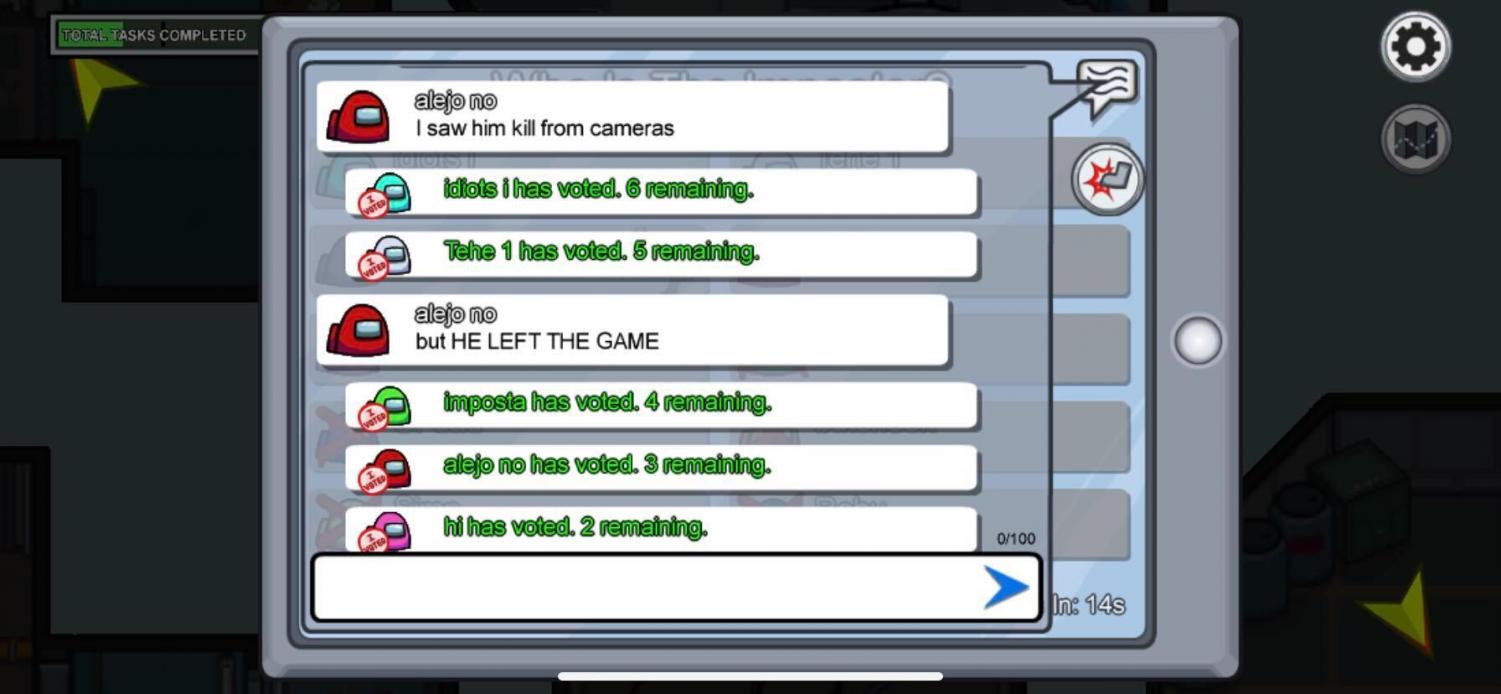
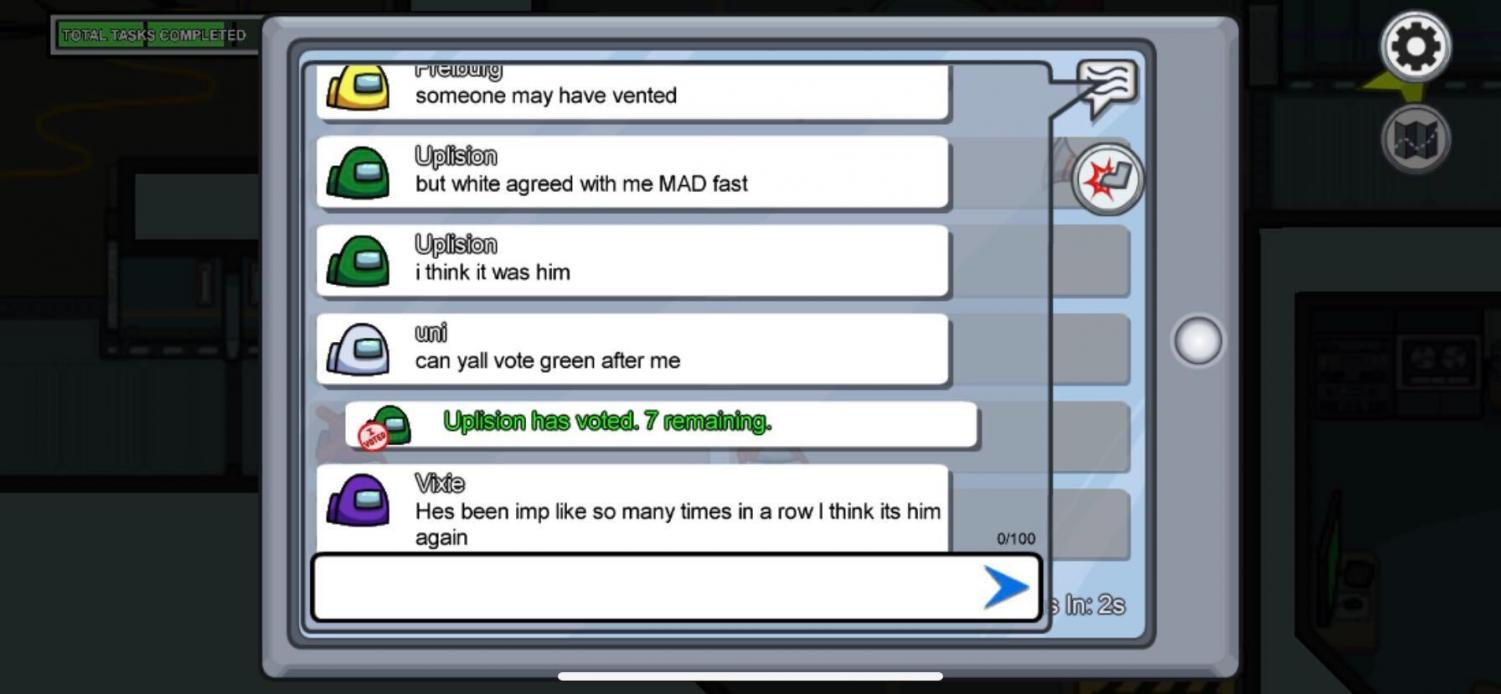
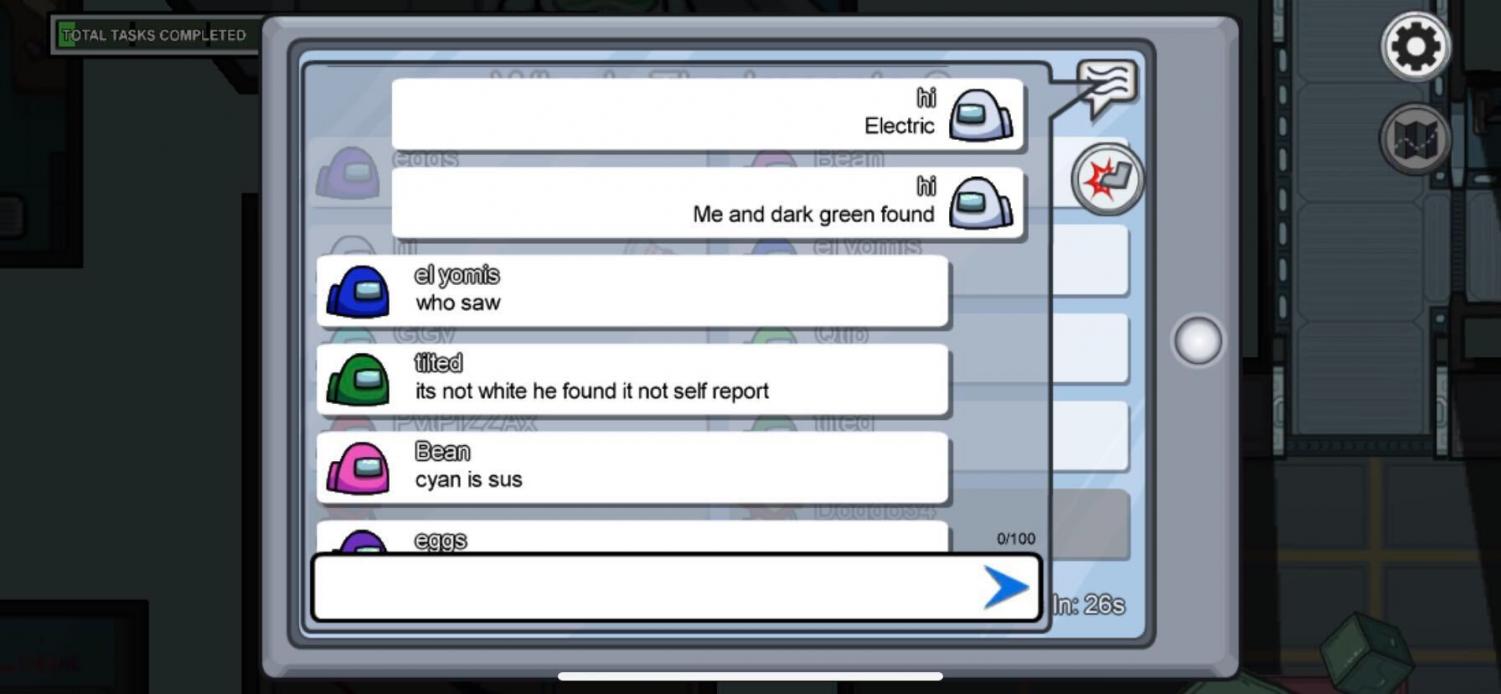
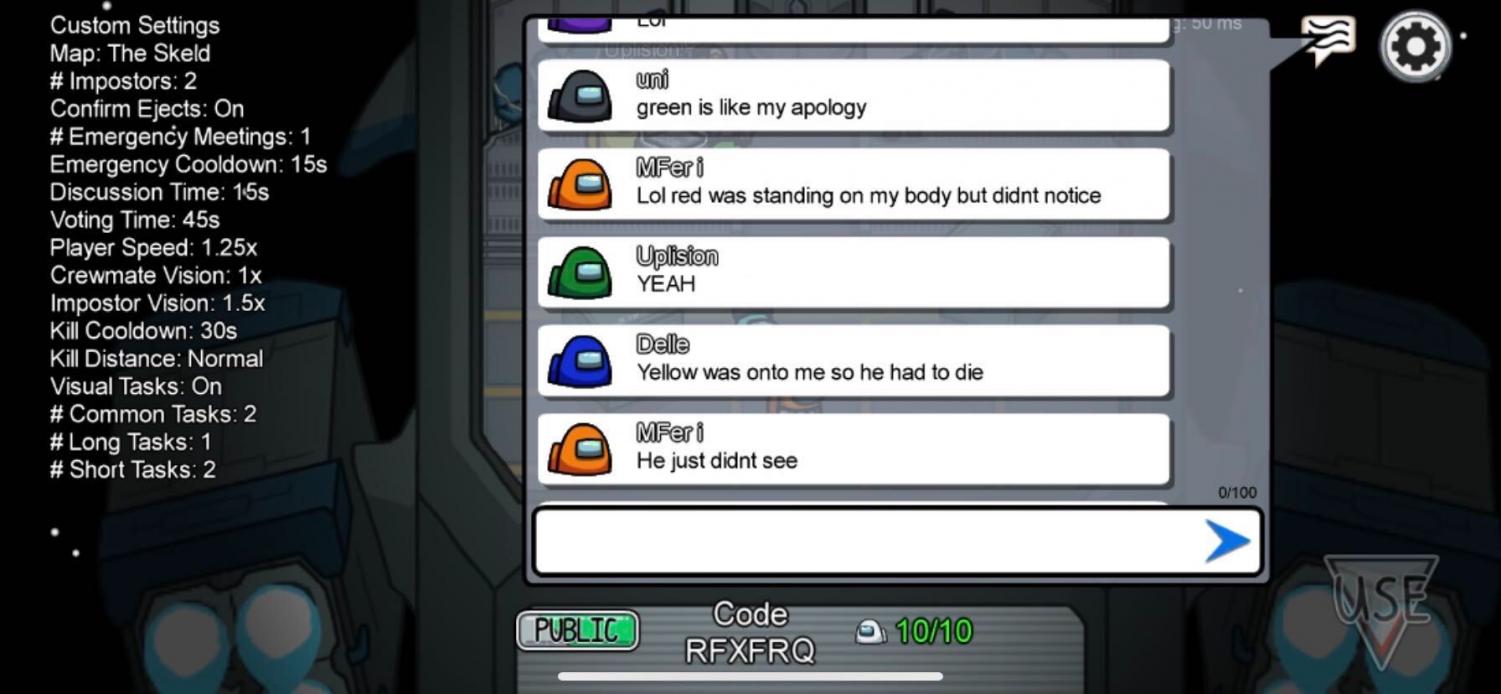

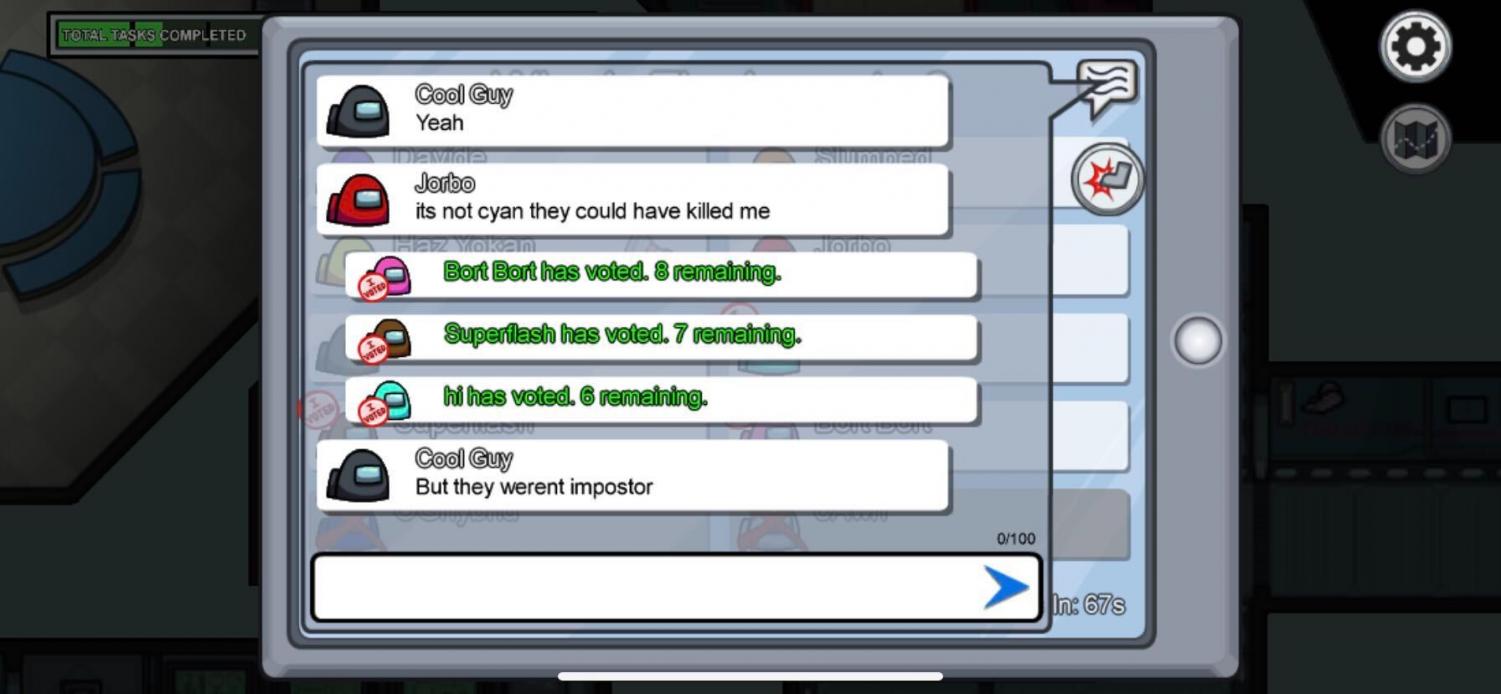








Amy Starling • Jan 12, 2021 at 9:36 pm
@Wario: That’s why we’re trying to make they/them the default pronouns. They/Them are gender neutral pronouns, so they won’t trigger dysphoria or assume the player is male. They/Them pronouns should just be the default online unless you know someone’s pronouns because they either told you or had their pronouns in their bio or something
WARIO smooth • Dec 27, 2020 at 4:16 pm
Pronouns are important, but it would pretty bloody difficult to work out the correct gender identities of 10 players while having several complex discussions in the span of 90-120 seconds. In my opinion that’s pretty much infeasible